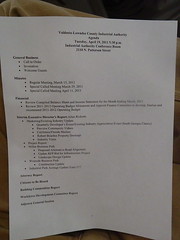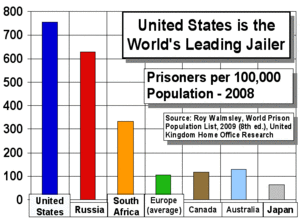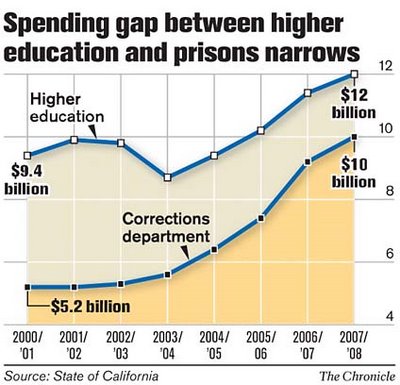A writer of fiction tells the truth about the failed war on drugs. We’re way past the beginning and middle of this story: time to end it.
Which makes this a very bad time
to build a private prison that depends on the war on drugs.
Anita Singh wrote for the Telegraph today,
Carlos Fuentes: legalise drugs to save Mexico,
 Fuentes, Mexico’s greatest writer and a former diplomat, addressed
the contemporary problems of Latin American — in particular,
Mexico’s drug problem.
Fuentes, Mexico’s greatest writer and a former diplomat, addressed
the contemporary problems of Latin American — in particular,
Mexico’s drug problem.
He said: “The drug traffickers are in Mexico, they send the
drugs to the US and once they get across the border what happens? We
don’t know who consumes them. We can’t prosecute, we can’t defend.
It’s a very difficult situation for us Mexicans. The governments of
the US and Mexico have to fight drug trafficking together.”
Fuentes believes that decriminalising drugs is the only way to end
the violence that in the past five years has claimed nearly 50,000
lives of gang members, security forces and innocent bystanders.
 “It is a confrontation. Sometimes we win, sometimes they win.
But there are 50,000 killed and
the relatives of those people
don’t care who is winning.
“It is a confrontation. Sometimes we win, sometimes they win.
But there are 50,000 killed and
the relatives of those people
don’t care who is winning.
Nobody is winning except the profiteers in arms and

pesticides, such as
Monsanto.
And even mighty MON is losing to
Boliviana negra.
Alcohol prohibition produced Al Capone and other gangsters;
the failed War on Drugs produced drug gangs and ever more
vicious militarization of police forces,
right up to the Mexican failed “solution” of calling out the Army
into the streets.
 We’re all losing through lack of money for education and militarization of our own police.
We can’t afford this costly failed experiment.
The real solution is the same today as in 1933:
legalize, regulate, and tax.
That will also drop the U.S. prison population way down,
saving a lot of money that can be used for education.
It’s going to happen eventually, so building more prisons that will end up being closed is
a bad idea.
We’re all losing through lack of money for education and militarization of our own police.
We can’t afford this costly failed experiment.
The real solution is the same today as in 1933:
legalize, regulate, and tax.
That will also drop the U.S. prison population way down,
saving a lot of money that can be used for education.
It’s going to happen eventually, so building more prisons that will end up being closed is
a bad idea.
-jsq
 as they see fit and to issue bonds to pay for them, putting
we the taxpayers on the hook.
If this bill passes, VLCIA could issue bonds for a private prison,
a biomass plant, a coal plant (apparently not a coincindence; see below),
a toll road, a private railroad,
or whatever it felt like.
It wouldn’t even need
cooperation by elected officials.
It wouldn’t have to go to the Lowndes County Commission for permission,
like
VLCIA did for $15 million in bonds to buy real estate.
The Industrial Authority could just issue the bonds itself!
And we the taxpayers who would have to pay for it?
We’ll just get to pay, that’s all.
There’s still time to stop it in the Georgia Senate.
as they see fit and to issue bonds to pay for them, putting
we the taxpayers on the hook.
If this bill passes, VLCIA could issue bonds for a private prison,
a biomass plant, a coal plant (apparently not a coincindence; see below),
a toll road, a private railroad,
or whatever it felt like.
It wouldn’t even need
cooperation by elected officials.
It wouldn’t have to go to the Lowndes County Commission for permission,
like
VLCIA did for $15 million in bonds to buy real estate.
The Industrial Authority could just issue the bonds itself!
And we the taxpayers who would have to pay for it?
We’ll just get to pay, that’s all.
There’s still time to stop it in the Georgia Senate.















